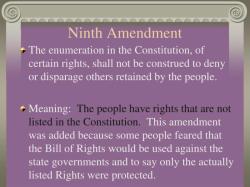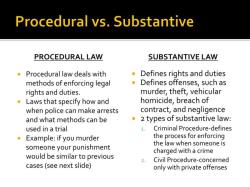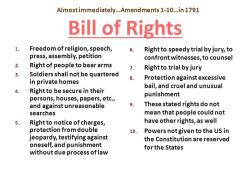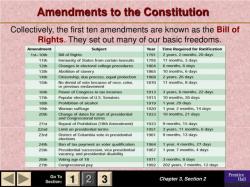What are civil service laws?
Civil service laws are a set of regulations and rules that govern the employment and conduct of government employees, also known as civil servants. The primary purpose of these laws is to ensure that public sector employees are selected, promoted, and managed based on merit, competence, and impartiality rather than political affiliation or other non-job-related factors.
Key aspects of civil service laws typically include:
Merit-based employment: Civil service laws aim to establish a system where individuals are hired and promoted based on their qualifications, skills, and performance rather than political connections or personal relationships.
Job security: Civil service laws often provide job security to employees, protecting them from arbitrary dismissal and ensuring that terminations are based on valid reasons such as poor performance, misconduct, or organizational restructuring.
Fair and competitive hiring practices: These laws typically mandate fair and transparent recruitment processes, encouraging open competition for government positions. They may include guidelines on examinations, interviews, and other selection criteria.
Equal employment opportunities: Civil service laws often emphasize the principles of equal employment opportunities, prohibiting discrimination based on factors such as race, gender, religion, or disability.
Professional development and training: Governments may implement policies to support the continuous professional development of civil servants, ensuring that they remain competent and capable in their roles.
Political neutrality: Civil service laws often require public employees to be politically neutral in the execution of their duties, preventing them from engaging in partisan political activities that could compromise their impartiality.
Ethical standards: Civil service laws establish ethical guidelines for government employees to promote integrity, honesty, and accountability in their work.
Appeals process: In cases of disputes or grievances, civil service laws often provide a mechanism for employees to appeal decisions affecting their employment. This may include internal administrative procedures or external bodies tasked with reviewing such matters.
These laws vary by country and jurisdiction, reflecting the unique legal and institutional frameworks of each government. The goal is to create a professional and efficient public service that serves the public interest while maintaining the principles of fairness, transparency, and accountability.
Understanding the principles and scope of civil service laws
Understanding the principles and scope of civil service laws is crucial for ensuring a competent, impartial, and efficient public service. Here's a breakdown:
Principles of Civil Service Laws:
- Meritocracy: Positions are filled based on qualifications and skills through competitive examinations and assessments, not personal or political connections.
- Equality of Opportunity: Everyone has the right to compete for public service positions regardless of background or affiliation.
- Political Neutrality: Civil servants are expected to serve the public impartially, upholding the law and government policies without favoring any particular political party or individual.
- Accountability: Civil servants are responsible for their actions and performance, with mechanisms for disciplinary action and grievance redressal.
- Professionalism: Public service requires high standards of ethical conduct, integrity, and dedication to serving the public good.
Scope of Civil Service Laws:
- Horizontal Scope: This defines which institutions and positions fall under the purview of civil service laws. It can include various government departments, agencies, public corporations, and other entities performing public functions.
- Vertical Scope: This determines which levels of positions within the covered institutions are subject to the laws. It can range from entry-level positions to senior management roles.
- Types of Positions: Some positions may be excluded from certain aspects of civil service laws, such as political appointees in high-level policymaking roles.
Benefits of Strong Civil Service Laws:
- Improved public service quality: Qualified and motivated employees lead to better service delivery and policy implementation.
- Reduced corruption: Meritocratic systems minimize opportunities for patronage and favoritism.
- Increased public trust: A fair and impartial public service fosters trust and confidence in government institutions.
International Variations:
Civil service laws and systems vary significantly across countries, reflecting different historical, cultural, and political contexts. Some common approaches include:
- Westminster Model: Emphasizes political neutrality and impartiality of civil servants.
- Continental Model: Focuses on career development and training of civil servants.
- Hybrid Models: Combine elements of both Westminster and Continental models.
Further Resources:
- OECD SIGMA Public Administration and Governance Programme: https://www.sigmaweb.org/
- United Nations Public Administration Network: https://publicadministration.un.org/publications/content/unpan.html
- International City/County Management Association: https://icma.org/
I hope this provides a clear overview of the principles and scope of civil service laws. Remember, the details may vary depending on your specific country or region. Feel free to ask if you have further questions about a particular aspect!













